VIJAY PRASHAD examines why in 2018 Washington started to take an increasingly belligerent stance towards ‘near peer rivals’ – Russa and China – with far-reaching geopolitical effects
Durham, our school of socialism, our day of pride
HEATHER WOOD, national secretary of Women Against Pit Closures charts her journey and the journey mining community women like her, from 1984 to Durham Gala 2024, explaining why this day remains vital for families decades after closures
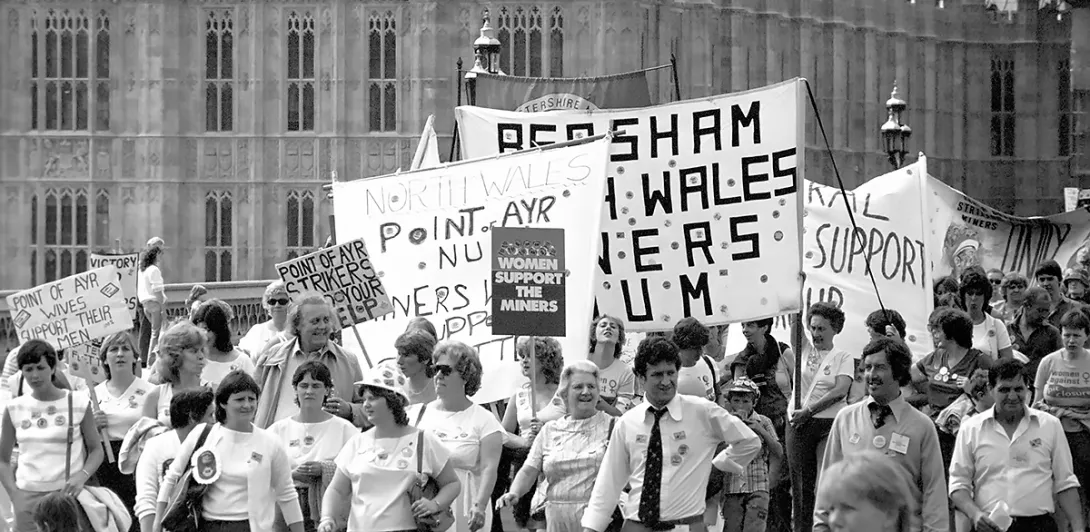
FOLK ask me why the Big Meeting is so special. My answer is always the same.
It’s our day, a day when we celebrate who we are, it’s a day when we fly the flag, our flag, the red flag. It’s the day we hold our banners high, it’s the day when we show our children what solidarity means.
I always think of our communities as families and I think it’s best explained by telling folk about my theory of the three worlds.
More from this author
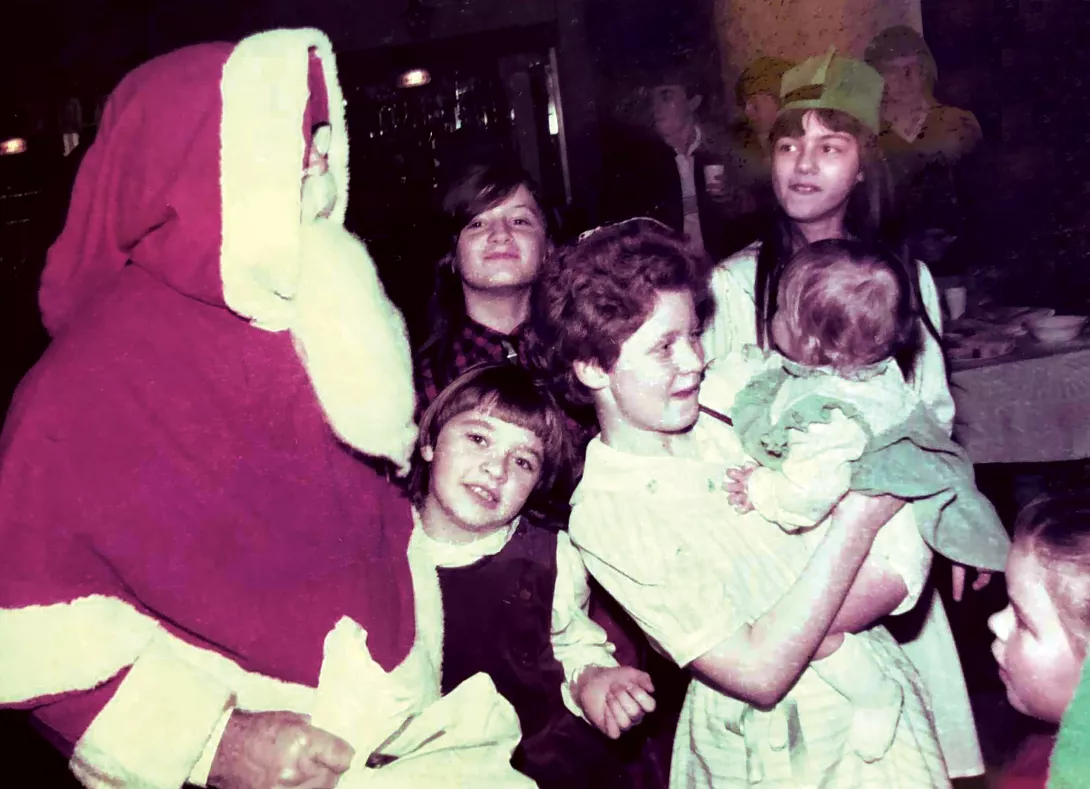
HEATHER WOOD tells the story of how she led the women of her mining community to tackle Christmas 1984 with militant working-class organisation and dedication, from cataloguing each family to collecting and distributing presents
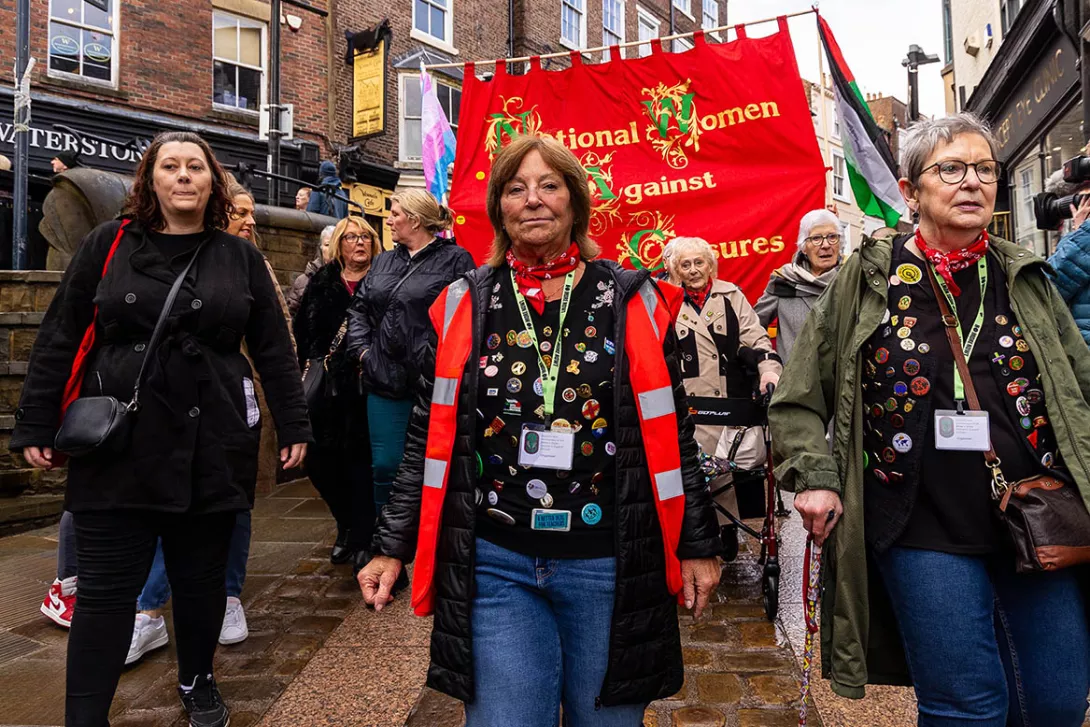
Women have been celebrating the 40th anniversary of the miners’ strike against pit closures, and there’s more to come writes HEATHER WOOD
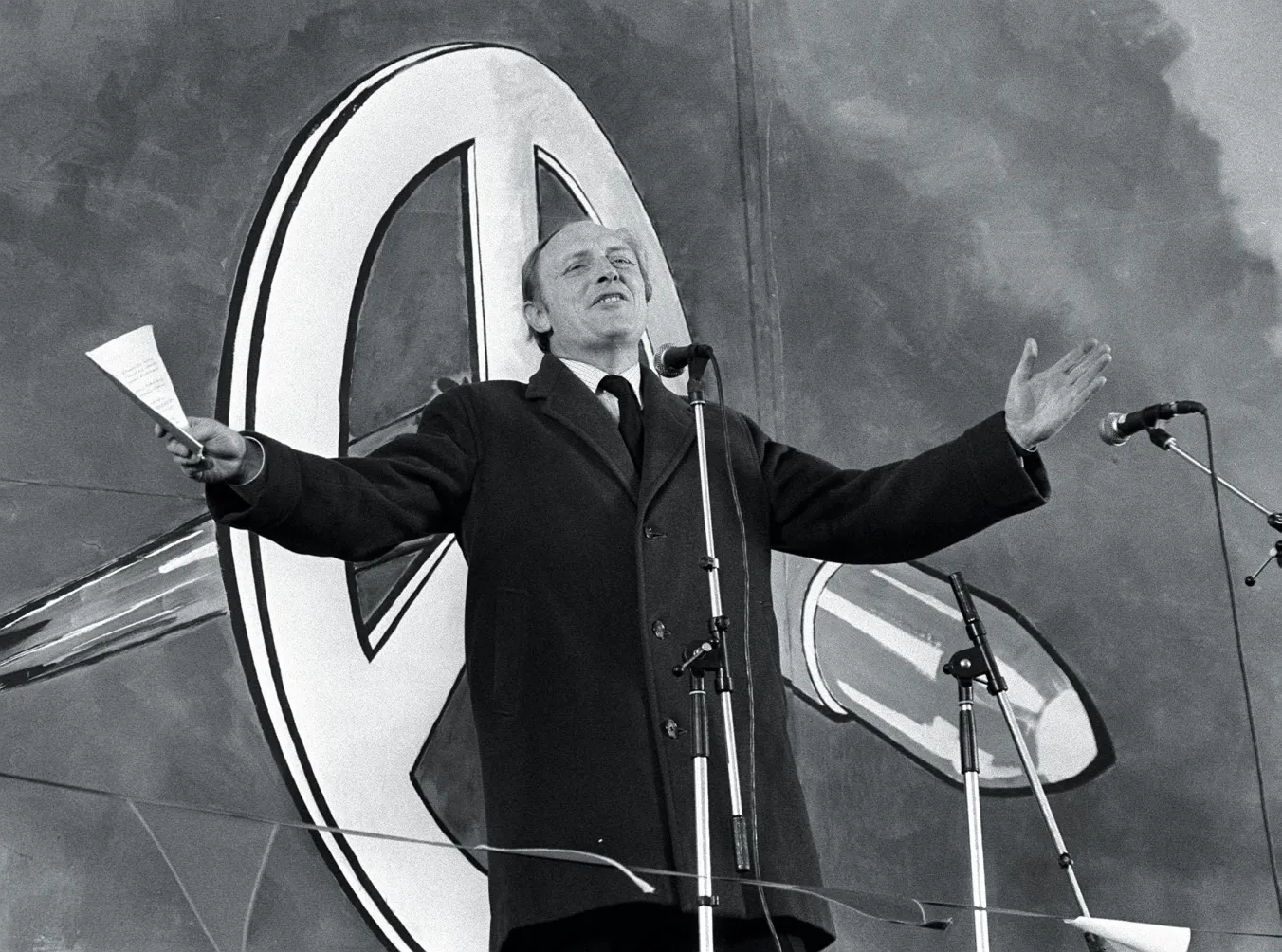
Leaving after 50 years in the Labour Party, national secretary of Women Against Pit Closures HEATHER WOOD says Reeves’ and Starmer’s winter fuel allowance cuts are a red line crossed — and calls for widespread union resistance
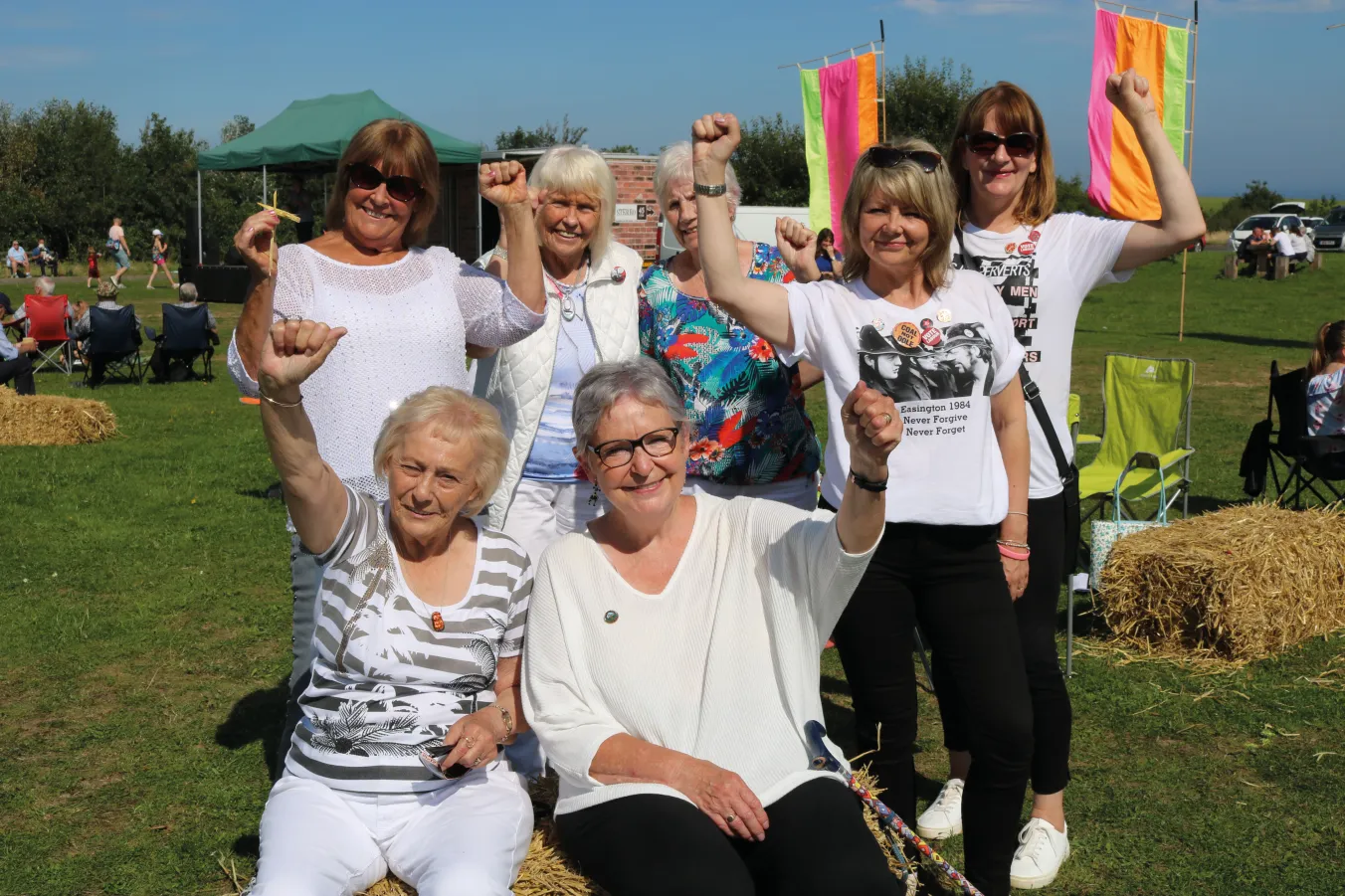
As hundreds of women gather in Durham today to celebrate their role in fighting pit closures 40 years ago, HEATHER WOOD reflects on experiences in her own mining community, Easington in County Durham
Similar stories

HEATHER WOOD tells the story of how she led the women of her mining community to tackle Christmas 1984 with militant working-class organisation and dedication, from cataloguing each family to collecting and distributing presents

Women have been celebrating the 40th anniversary of the miners’ strike against pit closures, and there’s more to come writes HEATHER WOOD
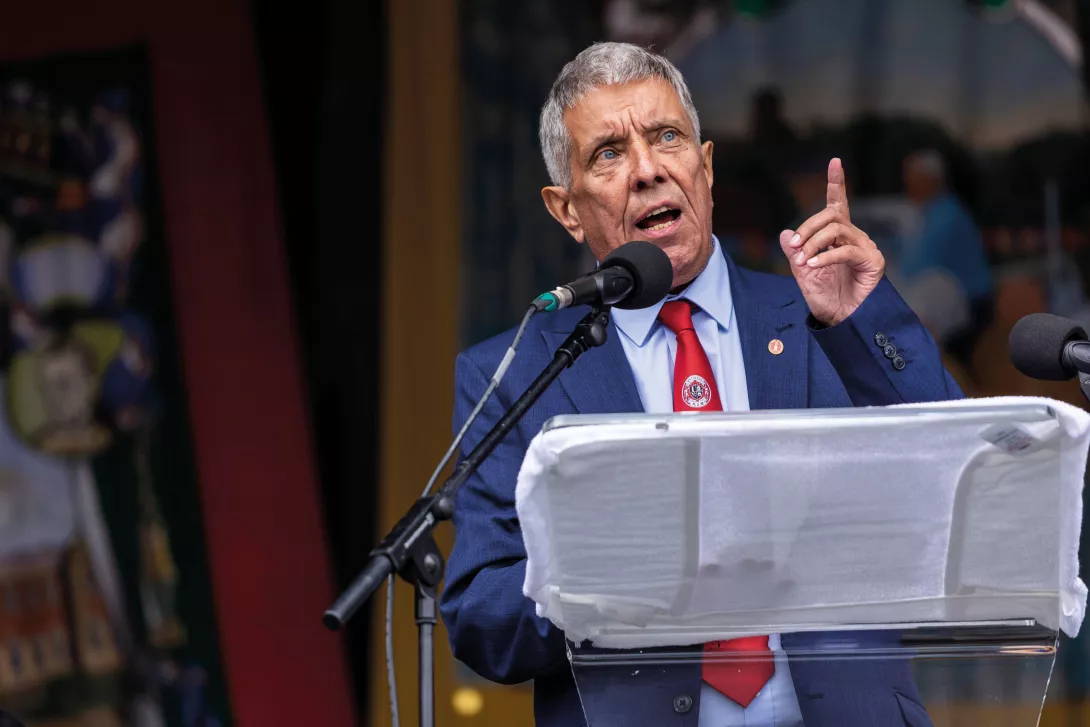
Durham Miners Association leader ALAN MARDGHUM talks to Ben Chacko about the continued relevance of trade unions, the lacklustre general election campaign, whether we can believe opinion polls and the ‘reprehensible’ North Durham candidate, Luke Akehurst

As hundreds of women gather in Durham today to celebrate their role in fighting pit closures 40 years ago, HEATHER WOOD reflects on experiences in her own mining community, Easington in County Durham









